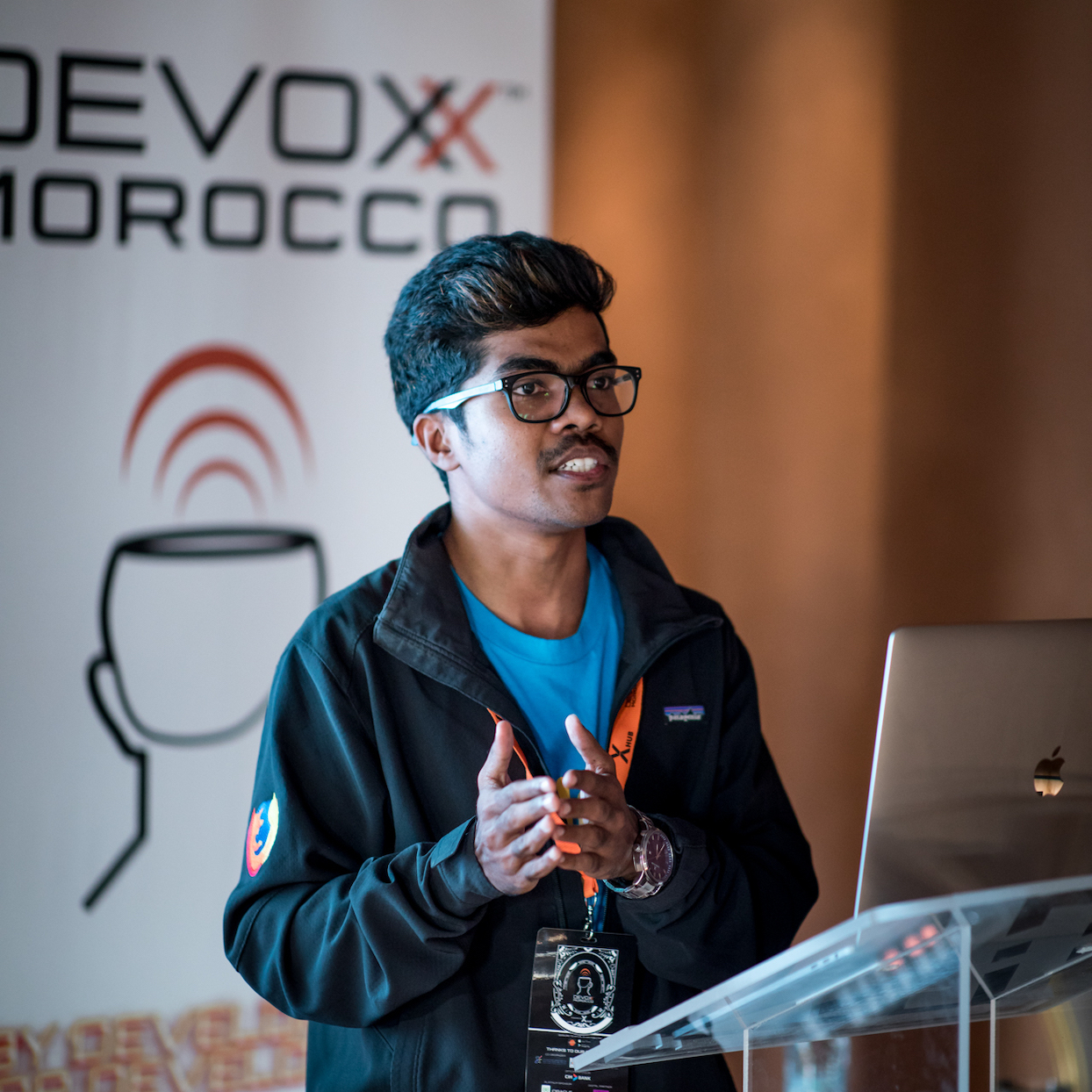
JSFoo Pune 2020
On component architecture, performance, security for front-end, and emerging trends
Feb 2020
24 Mon
25 Tue
26 Wed
27 Thu
28 Fri 08:50 AM – 05:35 PM IST
29 Sat 08:50 AM – 06:00 PM IST
1 Sun
Feb 2020
24 Mon
25 Tue
26 Wed
27 Thu
28 Fri 08:50 AM – 05:35 PM IST
29 Sat 08:50 AM – 06:00 PM IST
1 Sun
















